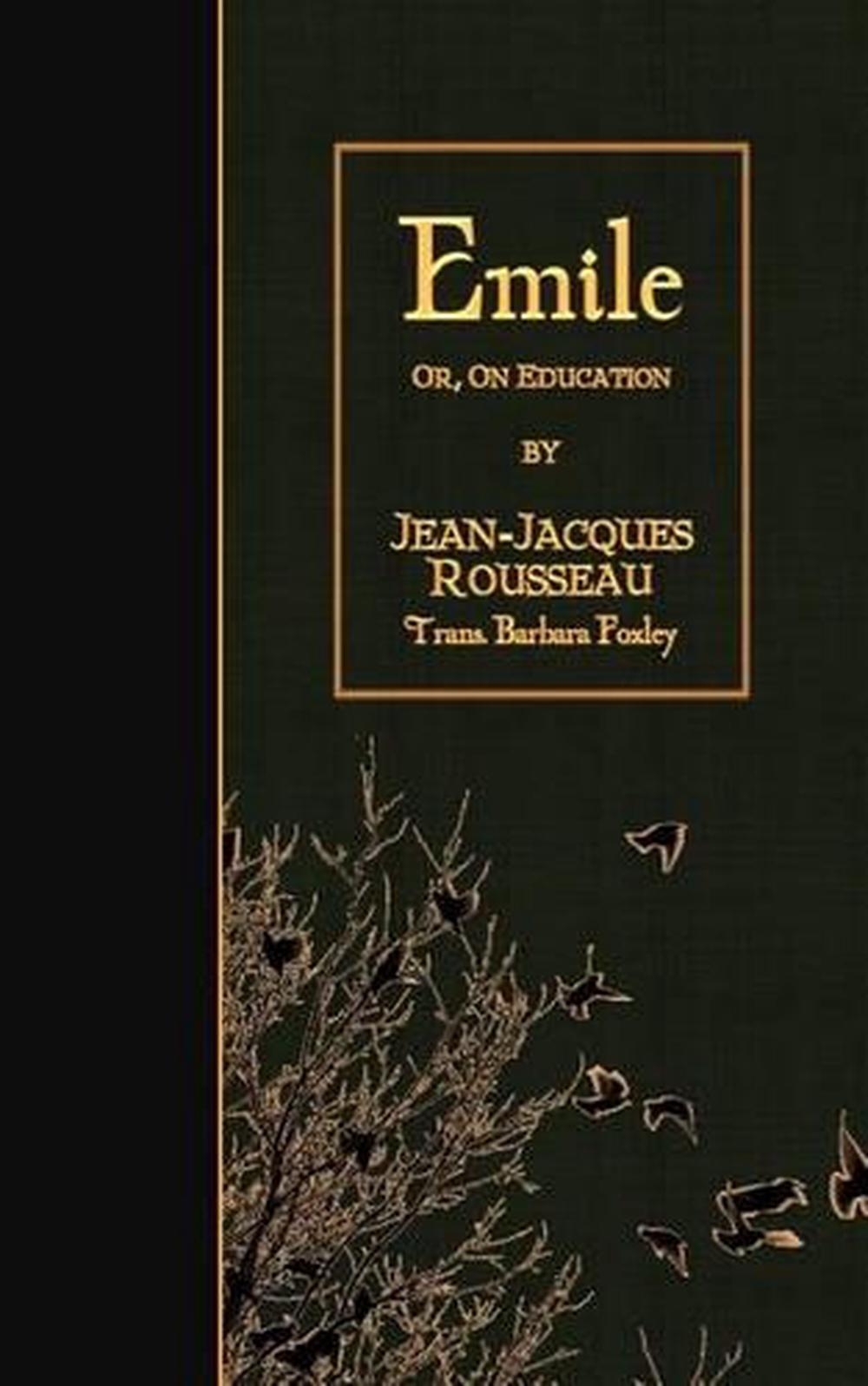



There is absolutely nothing practicable in his system. He is a bastard in a double sense: abandoned by his primary caretaker and left to his own ends or those of the orphanage, abandoned also by a modern form of consciousness entirely hostile to his thriving.Įven the editor of the text could not fully acclimate himself to Rousseau’s hypocrisy, nor to the pointlessness of his project: Vis-à-vis the abstracted Emile, frequently referred to by Rousseau as “my little philosopher,” the real Emile becomes la victime (the subject) of philosophy, removed from life by a father who could not love him. (Karl Marx, Economic and Philosophic Manuscripts of 1844 104) His life… is therefore an expression and confirmation of social life. My general consciousness is only the theoretical shape of that of which the living shape is the real community, the social fabric, although at the present day general consciousness is an abstraction from real life and as such antagonistically confronts it… What is to be avoided above all is the re-establishing of “Society” as an abstraction vis-à-vis the individual. In spite of this contemporary designation, my writing here is meant to serve less as a treatise on his personal responsibility or lack thereof, and more so as a cautionary tale about philosophy and the naturalistic outlook. He is also, as a symptom of the latter, a deadbeat dad. He represents the height of the “Enlightened Man,” of philosophical naturalism. Though Rousseau might have delivered a bit of truth when he told us that humankind is “everywhere in chains,” we must take care not to be deceived about his orientation. What exactly is the education of the foundling hospital? Rousseau abandoned Emile, and then proceeded to write a treatise on child-rearing in the boy’s name.

The risk of the education of the foundling hospital was much less” (Rousseau, Confessions). Rousseau convinced his lover, Thérèse, to abandon the children “for the sake of her honor,” but later confessed: “I trembled at the thought of entrusting them to a family ill brought up, to be still worse educated. Emile did not spend his early days at his mother’s side or sparring happily with his siblings, but rather is assumed to have withered away in the cold facilities of a foundling hospital in Paris. To Rousseau was born a son, Emile, and four other children.


 0 kommentar(er)
0 kommentar(er)
